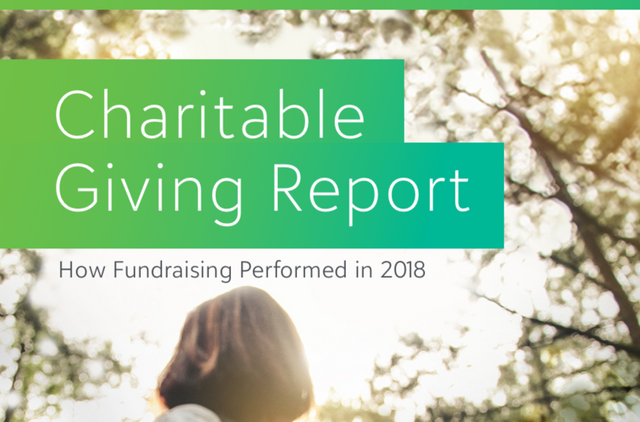
The face of the French fundraiser revealed in sector study
March 27, 2019
UK online giving up 5.5% in 2018
March 27, 2019New EU legislation comes into force in September, which could impact online payments and donations.
Strong Customer Authentification (SCA) is intended to make online payments more secure. Currently when people make an online payment they are asked to complete at least one security measure, such as putting in a password to help avoid fraud – a process called Customer Authentication.
SCA introduces a new set of enhanced security measures that implement additional customer authentication processes to complete purchases, and which Payment Service Providers (PSPs) will be required to implement and adhere to.
The SCA requirements will apply where a customer either accesses their account online; initiates an electronic payment transaction; or carries out any action through a remote channel which may imply a risk of payment fraud of other abuses.
They will require them to submit two pieces of information from two separate categories during the payment process, that are personal to them, such as something they knows, something they possess and something they are.
It means that from September, anyone who make a donation through a charity’s website or an intermediary may have to go through more authentication steps than those previously required to prove who they are.
According to the Institute of Fundraising’s policy and information officer Sam Boyle, charities will need to take this into consideration. In a blog on the subject, he said:
“At the very least charities should be being made aware that these changes are happening, and to start thinking as to what this means for the donating experience more generally. For example, they could take longer, and require more effort on the part of the supporter, by adding more ‘friction’ into the giving experience.
“Charities should prepare for this to ensure future fundraising strategies are aligned, as far as possible, while understanding the implications but also the opportunities to take advantage of a number of listed ‘exemptions’.”




